Top 30 New Technology Trends in 2025
Published: December 24, 2024
Hey there! are you ready to know about top 30 new technology trends in 2025? If yes then start with us.
Technology is moving at lightning speed, and 2025 is going to be full of exciting changes.
From smarter gadgets to game-changing innovations in how we work and live, there’s so much to look forward to.
In this post, we’ll dive into the Top 30 New Tech Trends in 2025—all the cool things that are shaping our future.
Whether you’re a tech fan or just curious, stick around to discover what’s next!
Top 30 New Technology Trends
Here are top 30 new technology trends that change your life in 2025:
Artificial Intelligence (AI) Evolution
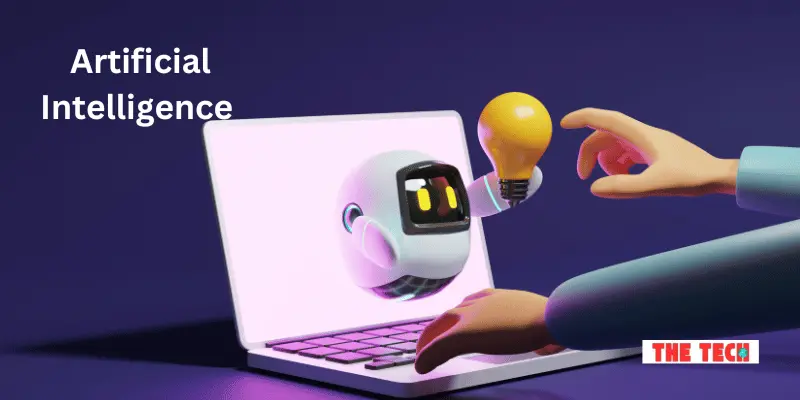
AI will evolve to offer deeper and more sophisticated learning.
With improvements in natural language processing (NLP) and emotional recognition, AI will be able to understand and respond to human emotions.
It makes customer service, therapy bots, and virtual assistants more intuitive and effective.
Additionally, AI will power advancements in areas like autonomous vehicles, drug discovery, and personalized marketing.
Internet of Things (IoT)
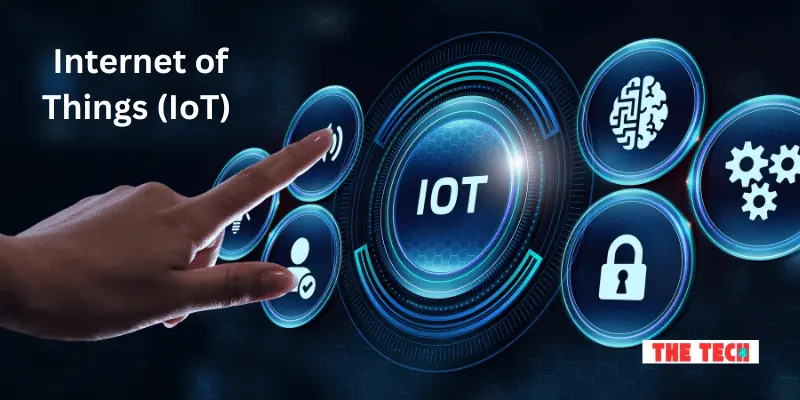
IoT will become even more integrated into daily life, linking billions of devices across homes, cities, and industries.
Smart homes will feature interconnected appliances that adjust to your lifestyle, while cities will adopt IoT to manage traffic, utilities, and waste more efficiently.
For businesses, IoT will provide valuable data from sensors to enhance processes such as inventory management and predictive maintenance in real-time.
Read IoT in detail
5G and Beyond
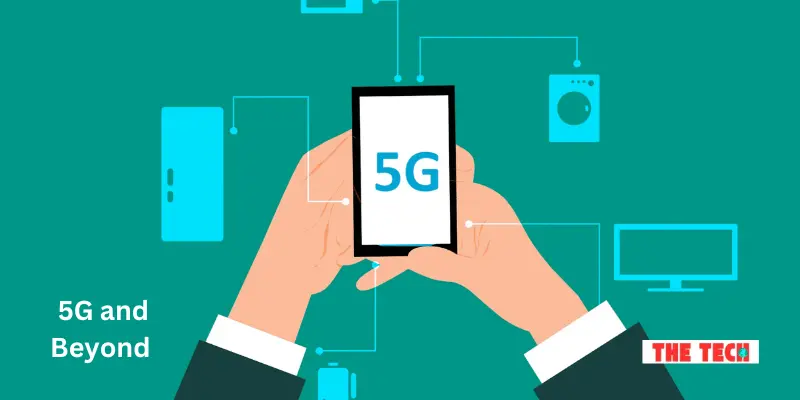
5G will be fully deployed in many regions, offering faster speeds, lower latency, and reliable connections.
This will enable advancements in virtual reality (VR), augmented reality (AR), autonomous vehicles, and industrial IoT applications, enhancing experiences and efficiency.
The development of 6G will push these boundaries even further, providing internet speeds up to 100 times faster than 5G, which will be key for innovation in tech like holograms and ultra-fast data processing.
Quantum Computing

Quantum computing will begin to shift from theoretical to practical.
With the ability to solve complex problems in seconds that would take traditional computers millennia, quantum computers will help in fields like climate modeling, cryptography, and drug discovery.
However, widespread use will still face challenges in terms of scalability and cost, meaning it may be a few years before it impacts most industries.
Blockchain Expansion

Blockchain will go beyond its use in cryptocurrencies like Bitcoin and Ethereum.
In 2025, blockchain will secure various industries, including supply chains, healthcare, and legal contracts, offering more transparency, security, and efficiency.
Companies will use blockchain for smart contracts, decentralized finance (DeFi), and secure voting systems, ensuring trust and reducing fraud.
Autonomous Vehicles
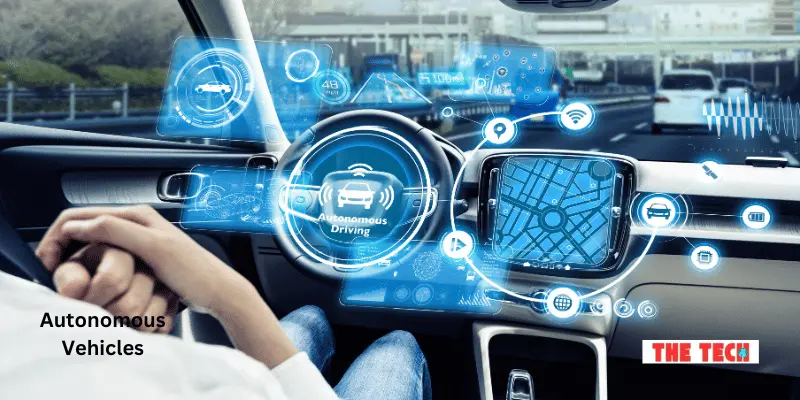
Self-driving cars will become a common sight on roads as companies like Tesla, Waymo, and traditional automakers push for full autonomy.
These vehicles will not only improve safety by eliminating human error but will also revolutionize the way people commute, reduce traffic congestion, and lower emissions.
Autonomous trucks will change logistics, making goods delivery faster and more efficient.
Extended Reality (XR)
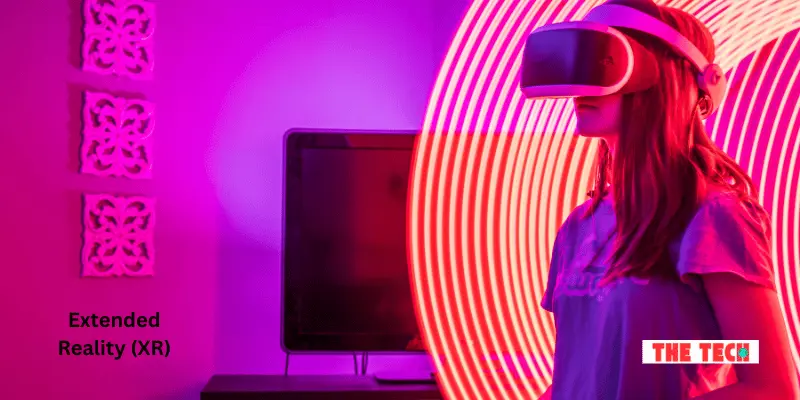
Extended Reality (XR), which includes virtual reality (VR), augmented reality (AR), and mixed reality (MR), will see massive adoption in entertainment, education, and training.
In 2025, VR will offer fully immersive gaming experiences, while AR will enhance shopping, medical training, and real-time information overlay in work environments.
Mixed reality will enable seamless integration of digital and physical worlds, revolutionizing industries like architecture and design.
Sustainable Tech
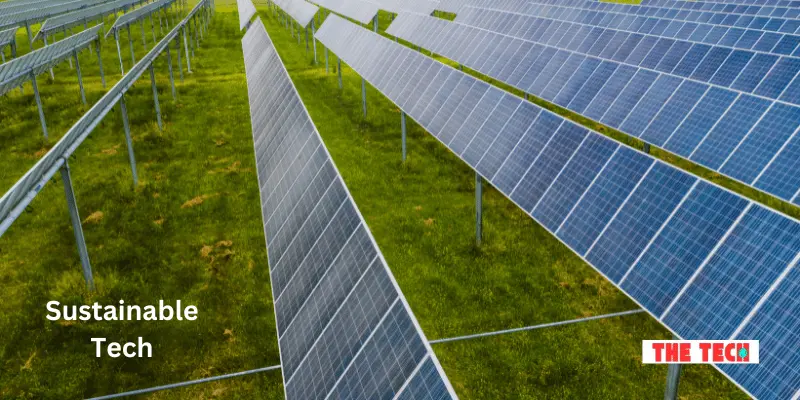
Sustainability will continue to drive technological development.
Green technologies, such as solar and wind energy, will become more efficient and affordable, supporting efforts to combat climate change.
The rise of electric vehicles (EVs) will also be a key driver in reducing carbon emissions.
Companies will focus on circular economy practices, including reducing electronic waste through more sustainable production and recycling.
Cybersecurity Innovations
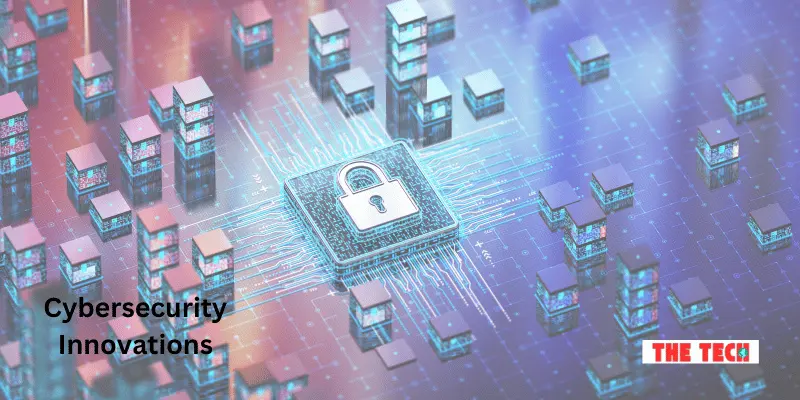
As cyber threats become more sophisticated, cybersecurity technology will evolve to better protect individuals and organizations.
AI will be used to detect and prevent attacks in real-time, while blockchain will offer decentralized security solutions for digital transactions.
Biometric authentication, multi-factor authentication (MFA), and zero-trust security models will become the standard in ensuring data and network security.
Biotech Breakthroughs

In 2025, biotechnology will continue to advance, leading to personalized treatments for diseases, breakthroughs in gene editing, and even potential cures for genetic disorders.
CRISPR technology will be used to edit genes with greater precision, allowing for advances in regenerative medicine, cancer treatment, and reducing the risk of genetic diseases.
Biotech will also contribute to sustainable food sources by developing lab-grown meat and plant-based proteins.
Edge Computing
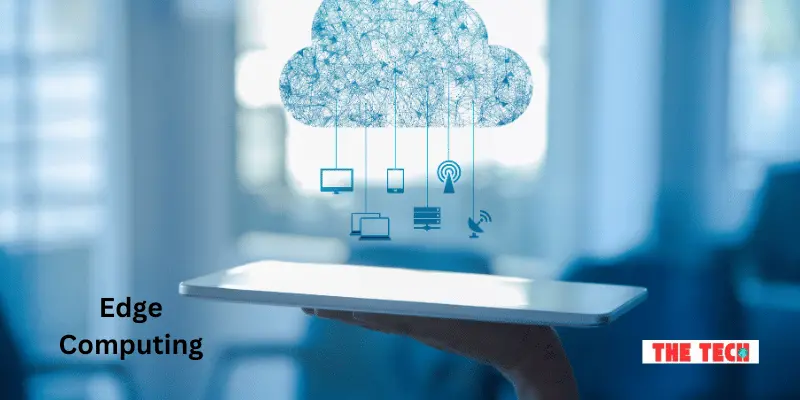
Edge computing will enable data processing closer to the data source rather than relying on a central cloud.
This reduces latency, making real-time applications like autonomous driving, factory automation, and smart cities more efficient.
Edge computing will also be critical for IoT applications where data needs to be processed locally rather than sent back to the cloud, enabling faster decision-making and reducing bandwidth usage.
Digital Twins
Digital twins will play a pivotal role in industries like manufacturing, construction, and urban planning.
This technology creates virtual replicas of physical objects, processes, or systems, allowing for real-time monitoring and simulation.
In 2025, digital twins will improve efficiency, reduce downtime, and optimize systems across industries by predicting failures, improving design, and enabling proactive maintenance.
Brain-Computer Interfaces (BCI)
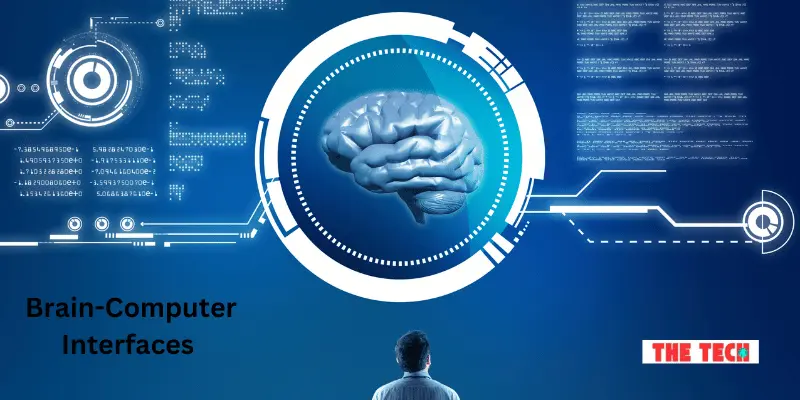
Brain-Computer Interfaces (BCI) will bridge the gap between human cognition and machine interaction.
BCIs could help individuals with disabilities communicate through thought alone, control prosthetic limbs, or even interact with virtual environments in a more immersive way.
In the coming years, BCI technology will push boundaries in healthcare, education, and entertainment, making interaction with technology more intuitive.
Personalized Learning Platforms
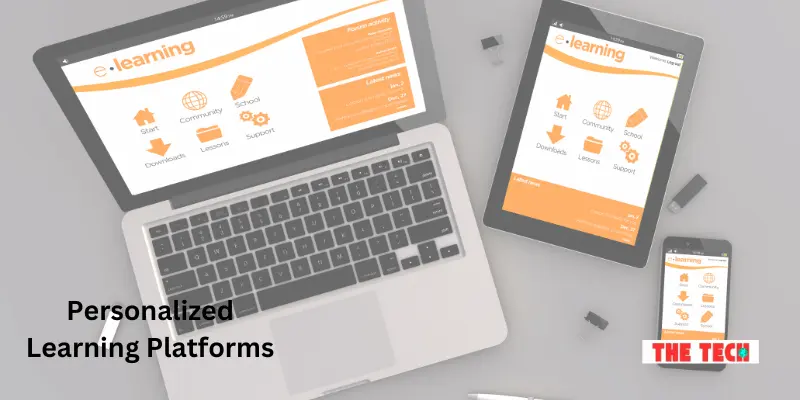
Education will be transformed by AI-driven personalized learning platforms.
These platforms will tailor lessons based on students’ learning styles, pace, and strengths, ensuring each student receives a customized educational experience.
In addition, online platforms will provide real-time feedback, helping learners improve more effectively and making education more accessible to people in remote areas.
Holographic Displays
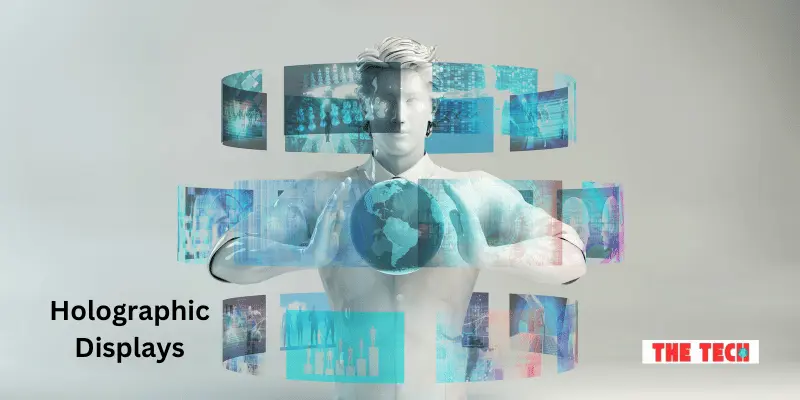
Holographic displays will revolutionize fields like advertising, entertainment, and communication.
In 2025, you can expect to see holographic presentations at conferences, immersive shopping experiences, and more interactive movie and gaming experiences.
This technology will provide a more realistic and engaging way to interact with digital content, especially in sectors where visual representation is crucial.
Wearable Healthcare Tech
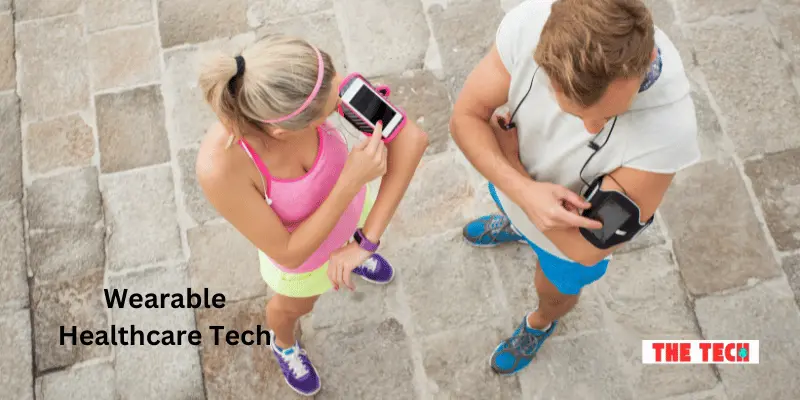
Wearable tech will move beyond fitness tracking to provide critical health data like glucose monitoring, heart rate tracking, and sleep analysis.
Smartwatches, for instance, will predict health issues and help users manage chronic conditions.
These devices will connect to healthcare providers, allowing for remote patient monitoring and ensuring timely interventions.
Robotics in Everyday Life
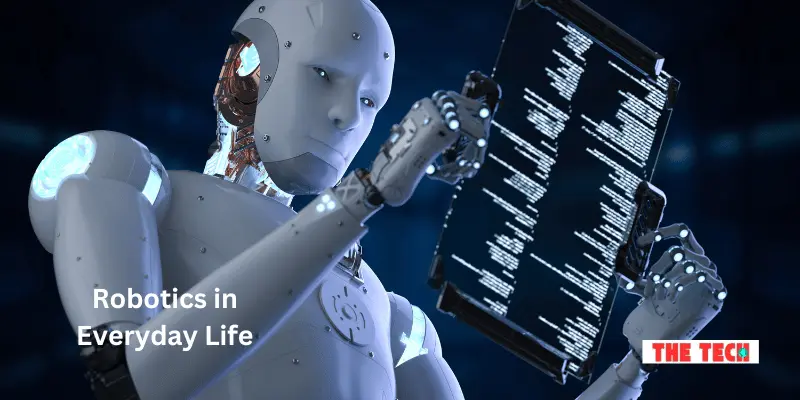
Robots will become more practical for everyday use, from robotic assistants that help with household chores to robots used in hospitals to assist with caregiving.
As robots become more affordable and adaptable, they’ll be used in agriculture for tasks like harvesting and crop management, and in retail to provide personalized customer service.
Robotics will also play a crucial role in space exploration and hazardous environment operations.
Space Technology Growth
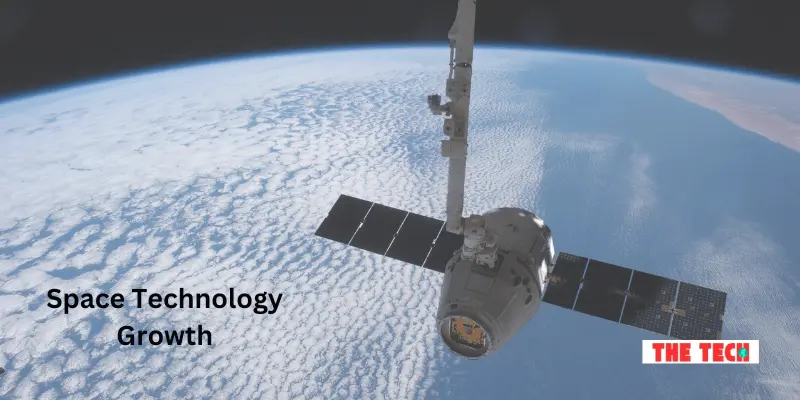
Space exploration will see major breakthroughs, with private companies like SpaceX making space travel more affordable.
In 2025, satellite internet will provide global connectivity, and the commercialization of space tourism will allow people to visit space.
Additionally, NASA’s plans for lunar missions will pave the way for potential human settlements on the moon and Mars.
Smart Agriculture
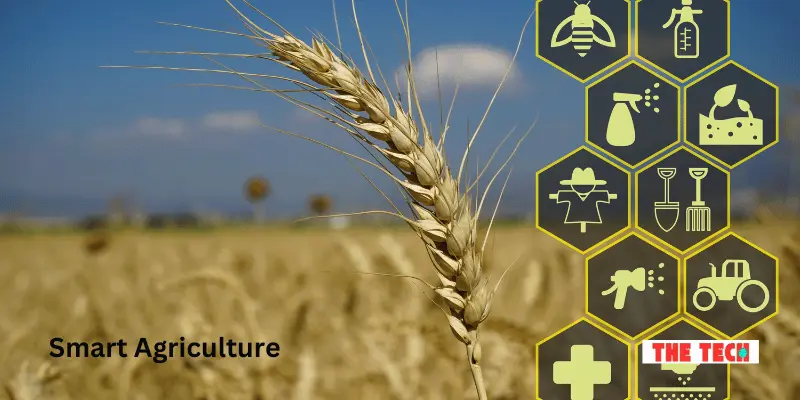
Smart agriculture, powered by IoT, drones, and AI, will transform farming by making it more efficient and sustainable.
Drones will monitor crop health, while AI will predict weather patterns and optimize irrigation.
This will help farmers reduce pesticide use, optimize crop yields, and minimize environmental impact, addressing the growing demand for food in a sustainable manner.
Advanced Renewable Energy Storage
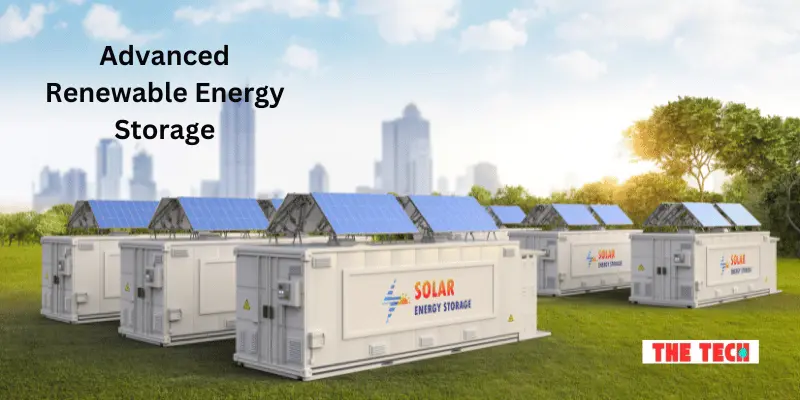
Energy storage will be crucial for maximizing renewable energy sources.
In 2025, solid-state batteries, which are safer, more efficient, and longer-lasting than traditional lithium-ion batteries, will begin to power electric vehicles and renewable energy grids.
This innovation will support the transition to a more sustainable energy future, reducing reliance on fossil fuels and enabling 24/7 access to clean energy.
Generative AI Tools
Generative AI will be used in creative industries like design, art, and music, allowing machines to create original works based on minimal input.
In 2025, this technology will be used to generate realistic deepfakes, assist with content creation, and even help in scientific research by generating hypotheses.
Creative professionals will use AI as a collaborative tool to enhance their work and explore new artistic boundaries.
Smart Fabrics and Wearable Textiles
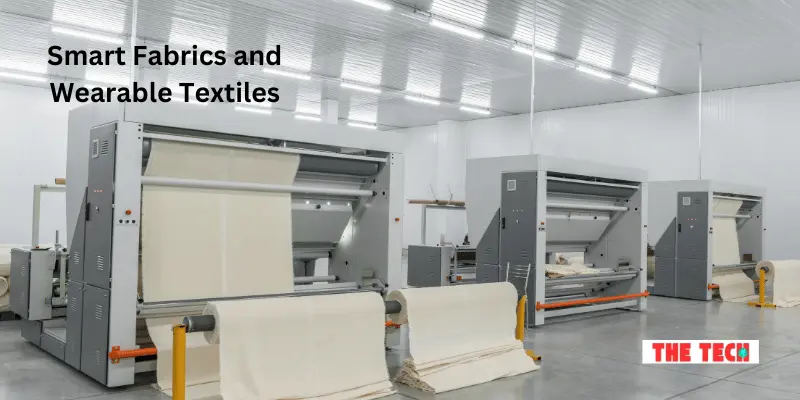
Smart textiles will revolutionize the fashion and healthcare industries.
These fabrics will integrate sensors to monitor health metrics like heart rate and body temperature or adjust to environmental changes.
Clothing could even change colors or patterns based on the wearer’s mood or preferences, opening new possibilities for personal expression and functional fashion.
Energy Harvesting Devices
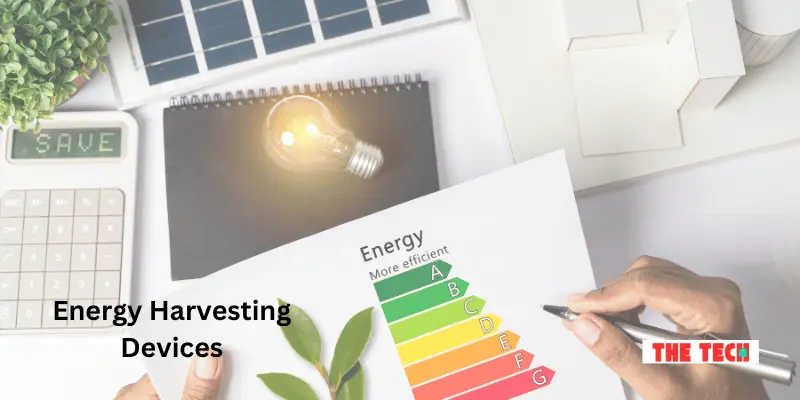
Energy harvesting devices will capture energy from ambient sources like heat, light, or movement.
These devices will charge electronics without the need for traditional batteries, making them more environmentally friendly and convenient.
For example, self-charging wearables or sensors used in smart homes will eliminate the need for constant recharging.
Neurotechnology for Mental Health
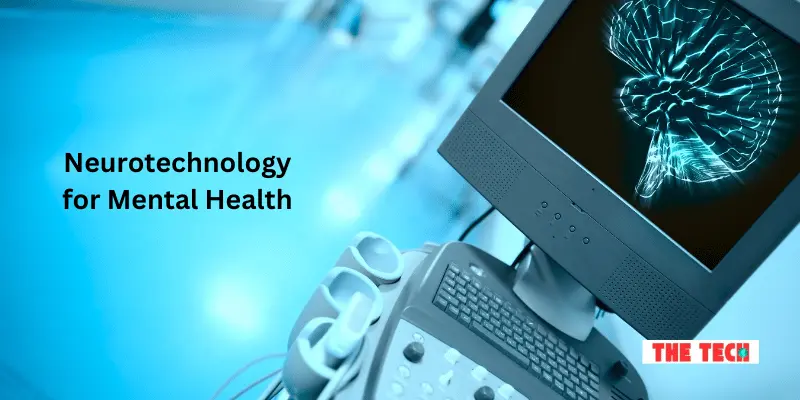
Advances in neurotechnology will help improve mental health by using techniques like transcranial magnetic stimulation (TMS) and neurofeedback.
These treatments will provide patients with new ways to manage conditions like depression and anxiety.
In 2025, neurotechnology will also assist in brain-computer interfaces that support mental health recovery by helping patients interact more effectively with the world around them.
Decentralized Finance (DeFi)
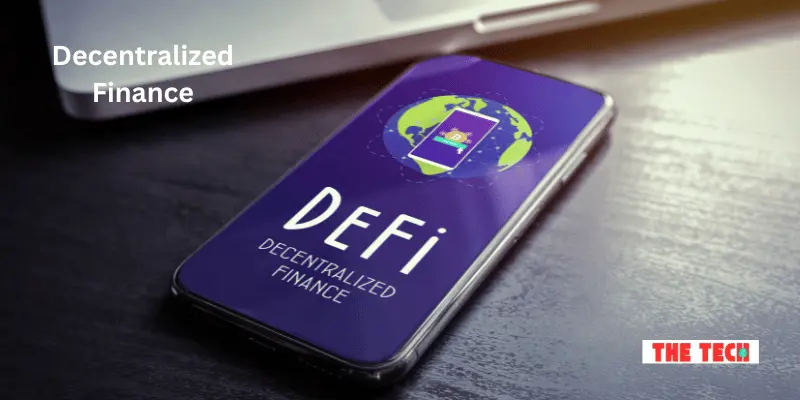
DeFi will replace traditional financial intermediaries like banks and brokers with peer-to-peer services.
By using blockchain technology, DeFi platforms will enable individuals to access loans, insurance, and savings without relying on a central authority.
This trend will open up financial services to people who are unbanked or underbanked, offering them new opportunities for economic participation.
Precision Medicine
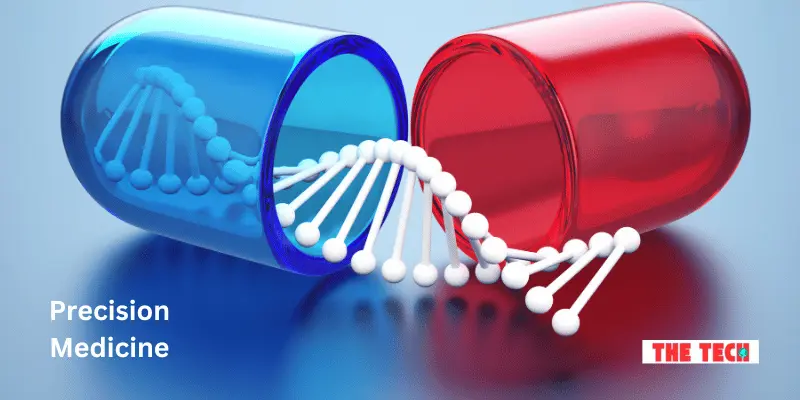
Precision medicine will use genetic, environmental, and lifestyle data to create highly individualized treatment plans.
In 2025, patients will benefit from tailored therapies that target the root causes of diseases, such as cancer or genetic disorders, providing more effective treatments with fewer side effects.
This will significantly improve outcomes for patients and drive advancements in healthcare.
Smart Cities Infrastructure
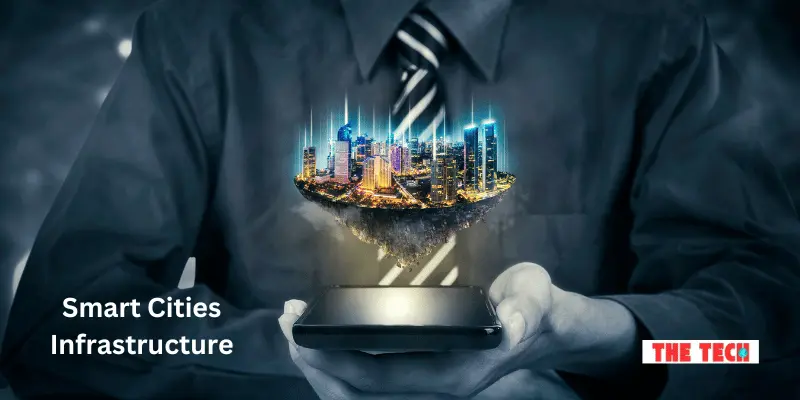
Smart cities will leverage IoT, big data, and AI to improve urban living.
In 2025, smart cities will optimize traffic flow, improve waste management, reduce energy consumption, and enhance public safety.
These technologies will create more sustainable, efficient, and livable urban spaces.
Smart buildings and green initiatives will make cities more eco-friendly and reduce environmental impact.
Digital Identity Solutions
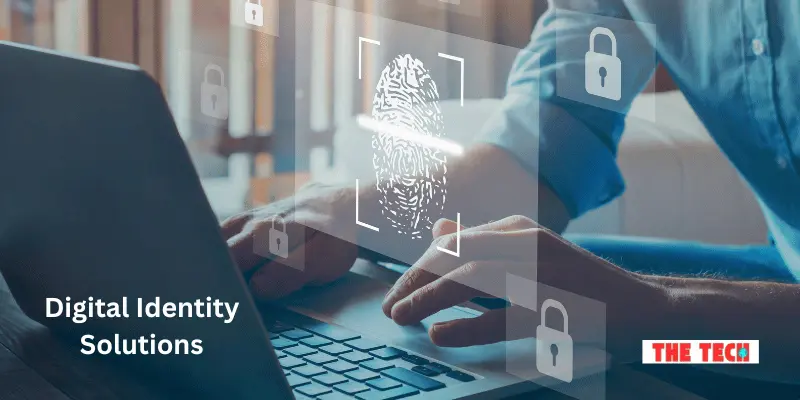
Digital identity solutions will offer secure, verifiable ways to prove one’s identity online.
By using blockchain and biometrics, these solutions will improve security, reduce fraud, and streamline processes like voting, banking, and travel.
Individuals will have more control over their digital identities, ensuring privacy and trust in the digital economy.
Autonomous Drones
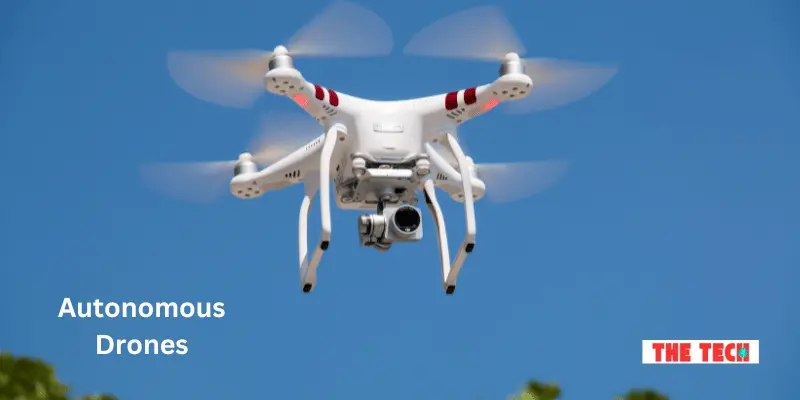
Drones will expand beyond their current uses for delivery and photography.
By 2025, drones will be used in sectors like agriculture for crop monitoring, logistics for delivering goods to remote areas, and even in emergency response for search-and-rescue missions.
Autonomous drones will operate without human intervention, making them more efficient and cost-effective.
Digital Therapeutics
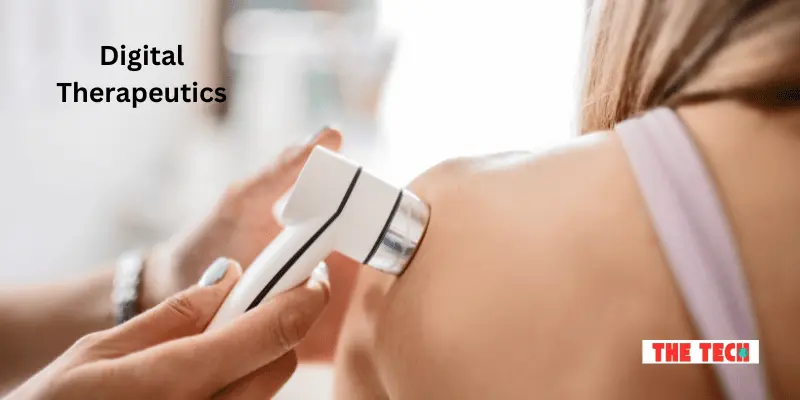
Digital therapeutics will become a mainstream approach for treating chronic conditions, mental health issues, and lifestyle-related diseases.
These tech-driven treatments will include mobile apps, virtual reality therapy, and AI-based solutions.
They will be clinically proven to provide effective, personalized treatments, often in conjunction with traditional healthcare methods, offering patients more options for self-care.
These trends will shape the future of technology in 2025, impacting industries, businesses, and daily lives in ways we can only begin to imagine. Each of these technologies offers an exciting glimpse into what’s coming, and understanding these developments will be crucial for staying competitive and prepared for the future.
How These Trends Will Affect Jobs and Employment
As technology continues to evolve, it will have a major impact on jobs and employment across many industries. Here’s how these trends will shape the workforce:
Job Creation in New Tech Roles
While some jobs may become automated, new roles in emerging technologies will be created.
Fields like AI, machine learning, cybersecurity, and data science are already growing rapidly.
People with skills in these areas will be in high demand, and companies will need experts to develop and manage these advanced technologies.
Evolving Skill Sets for the Workforce
As new technologies like blockchain, 5G, and AI become mainstream, workers will need to update their skills.
For instance, understanding how to work with cloud computing, data analytics, and smart devices will become crucial in almost every sector.
Professionals may need to take courses or get certifications to stay competitive in their jobs.
Automation and Job Shifts
Some jobs, particularly repetitive or manual tasks, may be replaced by automation and AI.
For example, machines could handle tasks in manufacturing or customer service, leading to job losses in those areas.
However, many workers will shift to roles that involve managing, maintaining, or programming these technologies.
Growth in Tech-Related Startups
The rise of new technologies will fuel the growth of tech startups.
Entrepreneurs will see opportunities in areas like AI development, renewable energy solutions, and blockchain-based services.
These startups will require new hires, creating a fresh wave of job opportunities in innovative fields.
More Remote Work Opportunities
Technologies like 5G, cloud computing, and collaboration tools will make remote work more feasible than ever before.
Companies can tap into a global talent pool and allow employees to work from anywhere, which opens up job opportunities for people in different locations.
This will lead to a more flexible and diverse workforce.
Demand for Soft Skills
While technical expertise will be highly valued, soft skills like communication, creativity, and problem-solving will still be crucial.
As AI and automation handle more technical tasks, workers will need to focus on interpersonal and leadership skills.
This will help employees adapt to new work environments and work alongside emerging technologies.
Impact on Traditional Industries
Certain traditional industries like retail, logistics, and transportation will experience significant changes.
For example, autonomous vehicles and drones may replace delivery drivers, and AI-driven customer service will change the retail experience.
While these industries will evolve, they will also offer new roles focused on managing and overseeing the tech-driven transformation.
Upskilling and Reskilling Initiatives
To keep up with technology trends, both employees and employers will need to invest in upskilling and reskilling programs.
Many companies will offer training to help workers transition into new roles or learn new skills.
This will help workers remain competitive and reduce the risk of job displacement due to automation.
Freelance and Gig Economy Growth
The gig economy will continue to expand, with technology enabling people to take on freelance work across various industries.
Platforms powered by AI and blockchain will provide new opportunities for independent workers.
This trend offers greater flexibility and autonomy in how people approach their careers.
More Focus on Sustainability Jobs
As sustainability becomes a key focus in tech development, jobs related to environmental conservation, green energy, and sustainable practices will grow. With the rise of renewable energy technologies and smart cities, there will be an increasing need for workers in fields like solar power installation, environmental consulting, and sustainable design.
FAQs
In 2025, key trends include artificial intelligence, quantum computing, blockchain, and 5G technology. These innovations will transform industries like healthcare, finance, and entertainment. It’s important to stay informed about these trends to understand how they will impact our daily lives.
Artificial Intelligence will continue to improve automation, making everyday tasks easier and more efficient. From self-driving cars to AI-powered personal assistants, AI will help people save time and improve productivity. In healthcare, it can even help doctors diagnose diseases faster and more accurately.
Blockchain is a secure digital ledger technology that records transactions across multiple computers. It is mainly used for cryptocurrencies like Bitcoin but is also being adopted in industries like finance and healthcare for secure data sharing. Blockchain helps prevent fraud and ensures transparency.
Quantum computing uses the principles of quantum mechanics to solve problems faster than traditional computers. In 2025, it could lead to breakthroughs in drug discovery, materials science, and cryptography. However, it is still in the early stages and will take time to become mainstream.
5G is the fifth generation of mobile internet technology, offering faster speeds and more reliable connections. It will enable innovations like smart cities, autonomous vehicles, and advanced healthcare solutions. With 5G, we can expect a more connected and efficient world.
Yes, virtual reality will become more integrated into daily life, particularly in entertainment, education, and remote work. By 2025, VR will offer more immersive experiences, from virtual travel to virtual classrooms. It will also be used for healthcare training and treatment.
enewable energy, such as solar and wind power, will continue to play a significant role in reducing carbon footprints. In 2025, energy storage solutions like better batteries will make renewable energy more efficient. This trend supports sustainable living and helps reduce reliance on fossil fuels.
Digital currencies, such as Bitcoin and digital versions of national currencies, will become more widespread. These currencies enable faster and more secure transactions without the need for traditional banks. By 2025, digital currencies will likely play a bigger role in global economies.
Autonomous vehicles will make transportation safer and more efficient by reducing human errors. By 2025, self-driving cars and trucks will be used for delivery and passenger services. These vehicles will also help reduce traffic congestion and carbon emissions.
Smart cities use technology like sensors, AI, and IoT to improve public services, reduce waste, and make cities more energy-efficient. By 2025, these cities will optimize everything from traffic flow to waste management. Smart cities will also focus on sustainability, making urban areas more livable and eco-friendly.
Conclusion
So guys, in this article, we’ve covered Top 30 New Technology Trends in 2025 in detail.
As we head into the future, staying informed about these innovations will help you adapt and thrive in an increasingly tech-driven world.
My personal recommendation? Embrace learning about these trends early, whether you’re a business owner, an enthusiast, or simply curious.
By understanding where technology is headed, you can stay ahead of the curve.
So, dive deeper into the trends that interest you, and don’t forget to share this article with friends who need a sneak peek into the future!
Bonus Info
- Importance of Staying Updated on Technology: Technology is changing rapidly, and being aware of the latest trends is crucial for staying competitive. Whether you’re a student, professional, or business owner, understanding these advancements will help you make informed decisions. Keeping up with technology can give you a head start in adapting to new tools and systems.
- How These Trends Will Affect Jobs and Employment: As new technologies emerge, some jobs will evolve while others may disappear. However, new roles in tech development, data analysis, AI management, and cybersecurity will emerge. People who adapt to these changes by learning new skills will have better job security and more opportunities.
- Tech’s Role in Solving Global Challenges: Many of these technology trends are designed to solve some of the world’s biggest problems, such as climate change, energy inefficiency, and healthcare access. For instance, renewable energy technologies and smart cities will contribute to reducing pollution and energy consumption. By embracing these trends, we can work towards a more sustainable and healthy planet.
- Ethical Considerations in Emerging Tech: While new technologies offer great benefits, they also come with ethical concerns. For example, AI and quantum computing might raise questions about privacy and security. As these technologies develop, it’s important to consider how they will affect society and ensure they are used responsibly.
- Future of Learning with Technology: Education will be greatly impacted by tech trends like VR, AI, and personalized learning tools. These technologies will allow students to learn in more engaging and effective ways, whether through virtual classrooms, immersive simulations, or tailored curriculums. In 2025, we could see a more interactive and customized learning experience for people of all ages.
- Collaboration Between Humans and AI: Instead of replacing humans, AI will increasingly collaborate with people to enhance their skills and capabilities. In industries like healthcare, education, and entertainment, AI can automate repetitive tasks, freeing up time for more creative and complex work. This collaboration will lead to greater innovation and productivity.
- The Growth of Tech Startups: As technology trends like AI, blockchain, and quantum computing grow, so will the number of startups innovating in these fields. 2025 will likely see a rise in new tech companies offering creative solutions in sectors like fintech, healthcare, and e-commerce. Starting a tech business or joining a startup could be an exciting opportunity for entrepreneurs.
- The Global Reach of Technology: The advancements in technology aren’t just limited to developed countries. In fact, emerging markets will benefit greatly from innovations like mobile tech, digital currencies, and smart agriculture. These technologies will help improve living standards, access to services, and financial inclusion in developing regions.
- Consumer Experience Will Be Transformed: With the rise of AI, AR/VR, and smart devices, consumers will experience a more personalized and immersive interaction with products and services. For example, in retail, customers will enjoy virtual try-ons, while AI-powered recommendation systems will provide tailored suggestions. The convenience and customization of tech will transform the way we shop, work, and live.
- Sustainability in Technology: Many of the top technology trends in 2025 focus on sustainability. For example, renewable energy technologies like solar and wind power will reduce reliance on fossil fuels, and AI will help optimize energy usage in smart homes. As tech advances, we’ll see more efforts toward eco-friendly solutions to reduce the environmental impact of technology.

- Be Respectful
- Stay Relevant
- Stay Positive
- True Feedback
- Encourage Discussion
- Avoid Spamming
- No Fake News
- Don't Copy-Paste
- No Personal Attacks



- Be Respectful
- Stay Relevant
- Stay Positive
- True Feedback
- Encourage Discussion
- Avoid Spamming
- No Fake News
- Don't Copy-Paste
- No Personal Attacks





